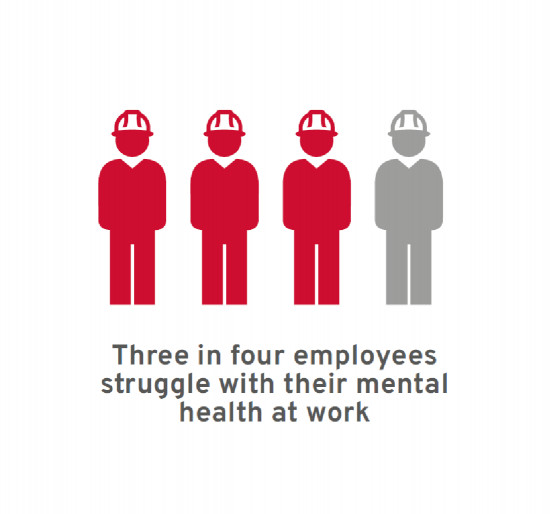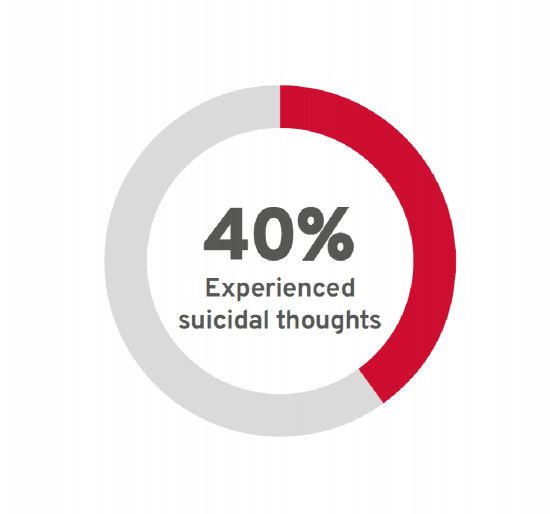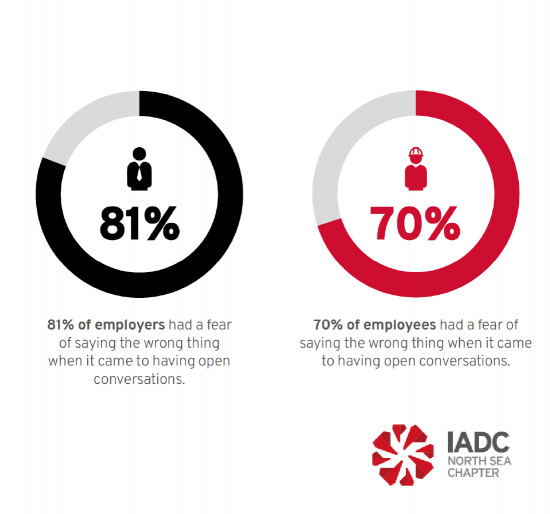Changing minds, saving lives: new report on offshore mental health
Oil & gasThe IADC unveils an urgent new approach to mental health in the North Sea.
Mental health is affecting some of the richest and most developed countries in the world. This crisis must be respected with the same importance as health and safety because it is an integral aspect of the performance of health and safety.

The North Sea Chapter of the International Association of Drilling Contractors (IADC) is to be applauded for its latest focus on mental health in the North Sea.
This crisis must be respected with the same importance as health and safety because it is an integral aspect of the performance of health and safety.
At an event in Aberdeen tomorrow (Tuesday) they are launching a joined-up cultural shift from the top down.
The major questions on how to improve mental health services, and the launch of their mental health charter, are the focus at the event.

And there are horrendous statistics in their latest report on this silent pandemic affecting workers in the energy industry:
- 40% experienced suicidal thoughts some or all the time while on duty
- nearly a third met the benchmark for clinical depression while on rotation and more than a third experienced a worse quality of sleep.
- offshore workers are 15 times more likely to commit suicide than those onshore
- a third of 18-24-year-olds believe their employers do not take mental health as seriously as physical health.

Widespread stressors such as the pandemic, the war in Europe and the rising cost of living are intensified by industry-specific pressures. These include remote working, separation from family and community for regular periods, rotational shift patterns, cyclical recruitment and redundancy, and retraining due to changes in existing jobs or for new roles.
The industry has done much in a short time to consider and address mental health issues. However, it is time for a new approach, including improved training, awareness and education combined with a better engagement with, and embedding of, existing materials.
The fear employees have that they might lose their job if they speak out has increased by an astonishing 1100% since 2020.
A cultural shift, driven from the top down through changes in values, behaviours, education and training, is essential to de-stigmatise and prioritise mental health so that workers can understand the issues affecting them and can feel confident about seeking support.
You can download a copy of the new white paper from the North Sea chapter of the IADC here.
Find out about the IADC event here.










